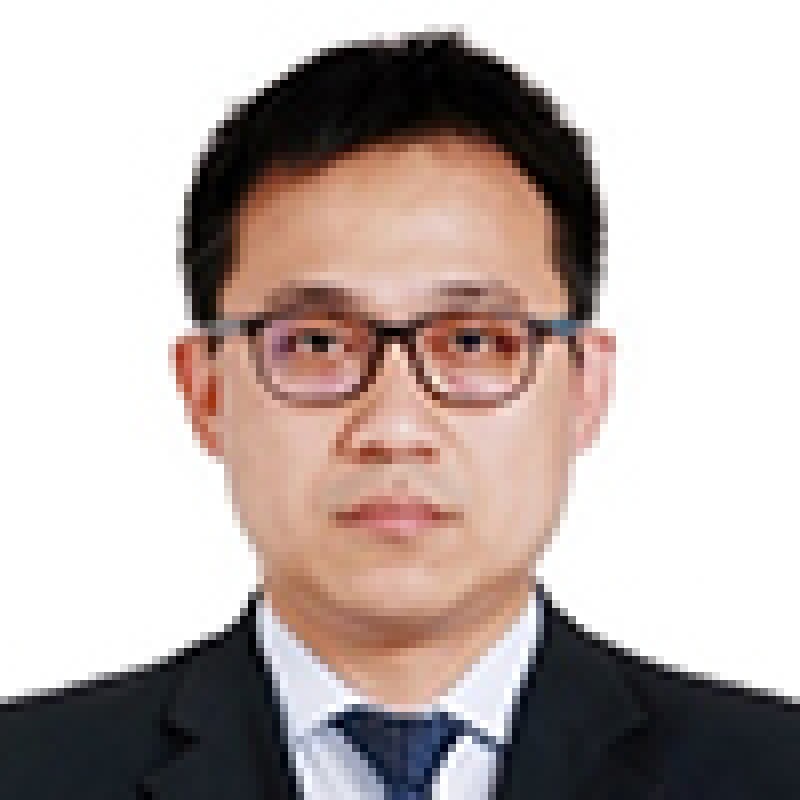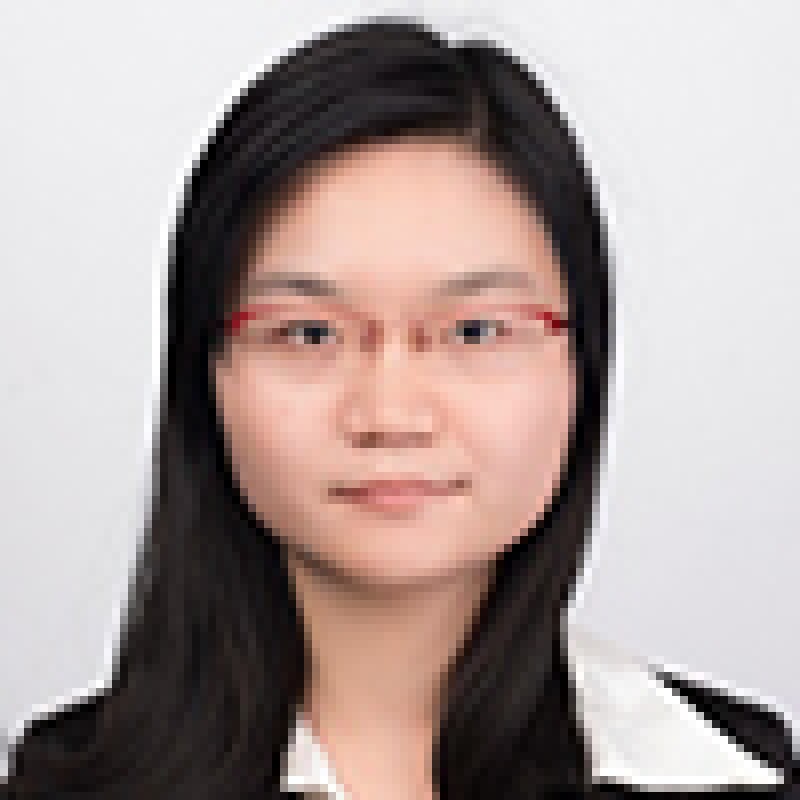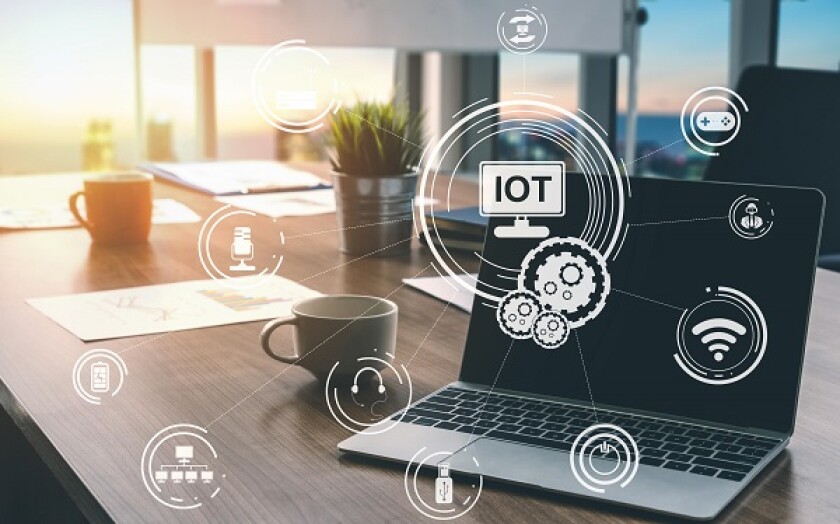As the whole world is connected, the Internet of Things (IoT) has become the foundation for a future digital society. To promote further developments of the IoT, the standardisation of IoT-related technologies is ongoing. This has created a concentration on ownership and antitrust issues in connection with IoT-related standard essential patents (SEPs).
Regarding the global standards of the IoT, the 3rd Generation Partnership Project (3GPP) launched the NB-IoT study item in 2014, the LTE-based NB-IoT work item in 2015 and identified NB-IoT as a 5GLPWA candidate technology and therefore submitted it to ITU-R (International Telecommunication Union Radiocommunication Sector) in 2019.
In relation to the Chinese national standards connected to the IoT, the national basic IoT standards working group of China released a white paper on the standardisation of the Internet of Things in 2016. The IoT reference architecture ISO/IEC 30141 led by the working group has been approved by the International Organization for Standardization. In October 2018, the Ministry of Housing and Urban-Rural Development of China released the industry standard Water Meter based on Internet of Things. On April 1 2019, China Gas Association approved the release of the group standard for Smart Gas Meter Reading System Based on Narrowband Internet of Things (NB-IoT) Technology.
With the establishment of IoT standards, the companies involved in this field have declared their own related patents as SEPs. The adoption of the standards means that SEPs have a greater monopoly in comparison with non-SEPs. In order to protect those who implement the standards with good faith, more restrictions are applied to the enforcement of SEPs. Firstly, licensing terms for SEPs should follow fair, reasonable, and non-discriminatory (FRAND) principles. Secondly, if SEP patentees partake in licensing negotiations with evident mistakes, they can be punished by antitrust law.
China's relevant regulations in relation to SEPs and antitrust law are constantly being improved.
China promulgated its antitrust law in 2007 and released a revised draft to collect opinions from the public earlier in 2019. However, with regard to IP, only the abuse of IP rights by business operators to exclude or restrict competition is covered. Since no detailed rules in this regard are formulated, in some scenarios it could be somewhat difficult to apply in practice.
In 2015, the State Administration for Industry and Commerce, which was the former antitrust enforcement agency in China, issued The Provisions on Prohibiting the Abuse of Intellectual Property Rights to Preclude or Restrict Competition. The provisions emphasise that a business shall not preclude or restrict competition by taking advantage of developing and implementing standards. After its patent becomes an SEP, the patentee should not refuse licensing, conduct tie-in sale of products, attach any other unreasonable trading conditions, or carry out other acts precluding or restricting competition.
In 2017, the Antitrust Committee of the State Council in China issued Antitrust Guidelines on Abuse of Intellectual Property Rights. In regard to determining market dominance, it states that the following factors needed to be considered for SEPs: (1) the market value, scope and extent of the standard; (2) whether there is a standard for a substitution, including the possibility of using standards with substitution relations and conversion costs; (3) the industry's dependence on related standards; (4) the evolution and compatibility of related standards; and (5) the possibility that related technologies adopted in the standards will be replaced. As we can see from the above, determining market dominance of SEPs involves taking more factors into consideration than in the case of non-SEPs.
In the past few years, China has had some experience of cases concerning antitrust issues and SEPs. Two of these are Huawei v IDC and the Qualcomm case. For example, when deciding the market dominance of the patentee, the final results of both cases show that each standard essential patent licence constitutes an independent related product market individually. Due to the uniqueness and irreplaceability of each essential patent in the standard, the patentee has a 100% market share of the relevant product market where each of the SEP licences is independently formed.
Although China has created regulations and guidelines relating to SEP antitrust issues, and is gaining more and more experience in this field, there is still a lack of detailed guidelines for the IoT field. In contrast, in relation to IoT SEP licensing, IP Europe and a number of businesses completed a draft CEN-CENELEC Workshop Agreement called Principles and guidance for licensing SEPs in 5G and the Internet of Things (IoT) in 2018. In light of extensive participation by Chinese companies in the IoT field, it is foreseeable that there will be increasing disputes related to IoT SEPs in the future. Therefore China is in need of more regulations and guidelines specific to IoT SEPs.

|

|
Yan Guo |
Ziqing Wu |











